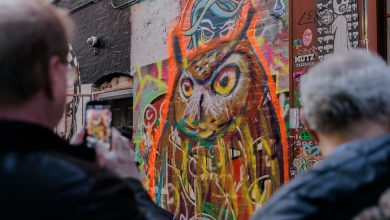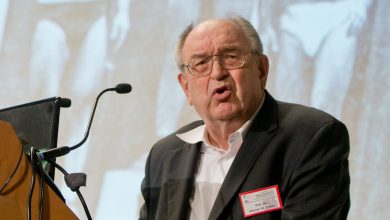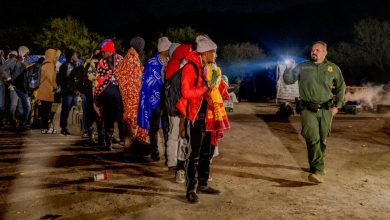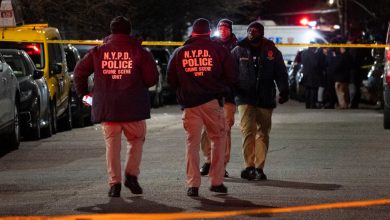I’ve Seen It: Maduro Could Lose Venezuela’s Presidential Election
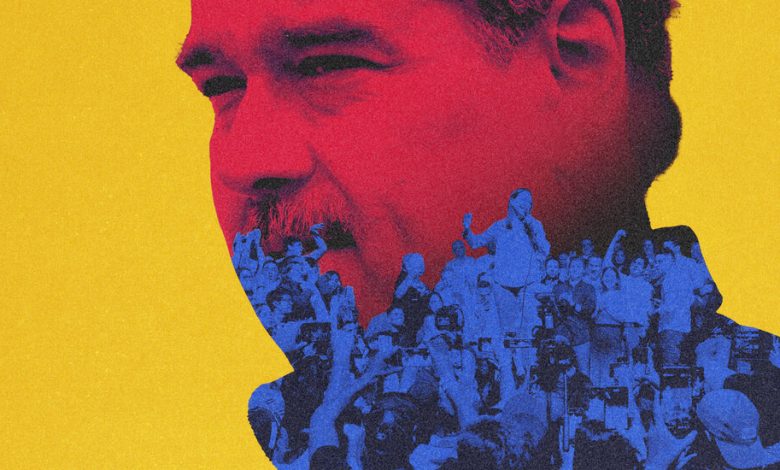
Nicolás Maduro has been in power for 10 years in Venezuela. In that decade, he has overseen a period of economic collapse, corruption, a sharp increase in poverty, environmental devastation and state repression of dissidents and the press. This has led to an exodus of more than seven million Venezuelans.
Now Venezuela stands at a crossroads, and its choices will define the next decade and carry significant consequences for the world. Venezuela will hold its presidential election in 2024 — one that Mr. Maduro can lose, as long as the opposition stays united in participating, the international community remains involved and citizens are inspired to mobilize.
Recently, two significant events opened a unique window ahead of the election. First, a massive turnout for the opposition’s primary on Oct. 22 gave María Corina Machado, a former member of Venezuela’s legislature, a strong mandate as the unity candidate. Second, the regime didn’t block this election from happening — one of the concessions that it made in a deal with Washington and the opposition in exchange for U.S. relaxation of Trump-era sanctions on the oil and gas industries.
The success of the opposition primary might have surprised Mr. Maduro; we are now seeing increased harassment against the election organizers and statements by officials denying the lifting of the ban on several opposition political leaders — including Ms. Machado — from running in next year’s elections.
Despite encouraging participation in the primaries and advancements in negotiations, there is a pervasive narrative — both abroad and in Venezuela — that Mr. Maduro will inevitably hang on to power. I have seen and experienced how flawed that perspective is. In fact, the presidential election next year offers the best opportunity yet to defeat Chavismo, the socialist-inspired movement begun by Hugo Chávez that Mr. Maduro embraces, since it came to power over two decades ago.
Since 2013, I have worked as a community organizer in marginalized neighborhoods, known as barrios in Venezuela, which used to be Chavismo’s strongholds. I worked with community leaders, most of whom were Chavistas when we started. I have seen firsthand how places where Mr. Chávez used to get 90 percent of the votes in national elections now overwhelmingly support the opposition. Recently, a former ranking member of the ruling party’s political structure, who didn’t want to be named for fear of repercussions, told me that Mr. Maduro and his cronies are no longer an option for many Venezuelans: “I don’t want anything to do with them, and neither does the community.” She added, “While they dine like royalty, we eat garbage because of inflation.”
To seize this rare opportunity, three things need to happen. First, the opposition must stay united in the ballot and defend the vote. Second, the international community must continue to push for freer elections and human rights in Venezuela while lowering the stakes for Mr. Maduro’s exit from power. And third, politicians and leaders throughout Venezuela must refocus the narrative to a hope-filled message, rather than give in to the temptation to further feed crippling polarization.
The Maduro regime is aware of the risk it faces in the presidential election next year. Its objective is to convince people that change is impossible and that Venezuelans are better off staying home rather than casting a vote. Venezuela’s opposition must counter those tactics with a strong call for participation.
It also must face the more fundamental dilemma that common to many electoral authoritarian systems: whether to participate in an election that will not be free and fair, or to boycott it.
In the last presidential election, in 2018, part of the opposition, including Ms. Machado, boycotted the vote. As a member of an opposition political party — Primero Justicia — I, too, decided not to cast a vote. But now, after nearly six more years of authoritarian consolidation, I believe that strategy was a mistake. Asking the people to stay at home is falling into Mr. Maduro’s trap.
To be clear, the presidential election in 2024 will not be a celebratory moment of democracy: The conditions for free and fair elections are not there yet and, frankly, may never be. Nonetheless, if the opposition participates and Venezuelans cast their votes in large numbers, Mr. Maduro can lose.
Some question whether the regime will allow votes to even be counted next year. But facing a monumental social and economic crisis, the Chavista elite will need to offer Venezuelans a story that can grant them internal legitimacy, and that can come only from elections. As with other authoritarians in the world, their biggest selling point is to claim that they have the people’s support. But the truth is that their base continues to shrink dramatically: Today Mr. Maduro’s approval rating is 29 percent, according to research from Consultores 21, a Caracas-based consulting firm.
A landslide victory for the opposition is the best protection against cheating. There is a recent example of this in Venezuela. A year ago, in a regional election in Barinas, the birthplace of Mr. Chávez, the ruling party lost by a considerable margin, despite using everything in its artillery of chicanery. Even though it was a regional election and presidential power was not at stake, the experience in the state, combined with the events of the past month, offer a path to win back democracy in 2024.
The starting point is that the opposition must embrace a realistic strategy that puts front and center the participation of the Venezuelan people. In Barinas, the ruling party tried to push the opposition to boycott the elections by illegally invalidating the results and barring several candidates from running. However, the opposition stuck together and maintained its commitment to participate, despite injustices.
To strengthen their unity now, opposition parties must prioritize creating a mechanism for consensus building in the diverse coalition. The two building blocks of that unity should be to fight for all leaders’ political rights — especially Ms. Machado’s after her victory — and to commit to participate in next year’s elections. In the best scenario, Mr. Maduro’s government would lift all bans before the elections as part of negotiations; even if that doesn’t happen, participating in and winning flawed elections is the best path we have to advance democratization.
The opposition also needs a stronger commitment from other Latin American countries, the United States and Europe to help. The Maduro regime has proved it will make electoral and human rights concessions — if it receives the right incentives. We need courageous democratic leaders willing to demand the release of all political prisoners and achieve better conditions for elections next year. We also need the international community to expedite the delivery of much-needed support to society’s most vulnerable. The opposition and the ruling party reached an agreement a year ago that public funds frozen abroad because of sanctions would be transferred to the U.N. for humanitarian purposes. To date, those funds have not been deployed.
Finally, the opposition needs to offer a true alternative to the divisiveness promoted by Mr. Maduro’s establishment. Inspiring the people to participate requires unifying the country around a new narrative. The traditional opposition message, trapped in polarization with Chavismo and with a nostalgic message of a past that will not return, is doomed to fail.
A new narrative for Venezuela should aim to inspire the youth, focus on helping people with their daily challenges — with public services, education and access to contraception — and build a more diversified economy that generates well-paying jobs to reduce inequality. The new message should also aspire to heal one of our most profound wounds: family separation due to mass migration. Our country’s reunification can become a personal and emotional motivator for every Venezuelan to participate and to effect change. Reuniting the Venezuelan family is something worth fighting for.
Roberto Patiño, a Venezuelan social activist and former leader of the student movement, is the founder of Alimenta la Solidaridad and Mi Convive, which work in vulnerable communities in Venezuela, and a board member of Primero Justicia, a political party.
Source photographs by Ariana Cubillos/Associated Press and Miguel Gutierrez/EPA, via Shutterstock.
The Times is committed to publishing a diversity of letters to the editor. We’d like to hear what you think about this or any of our articles. Here are some tips. And here’s our email: [email protected].
Follow The New York Times Opinion section on Facebook, Twitter (@NYTopinion) and Instagram.

